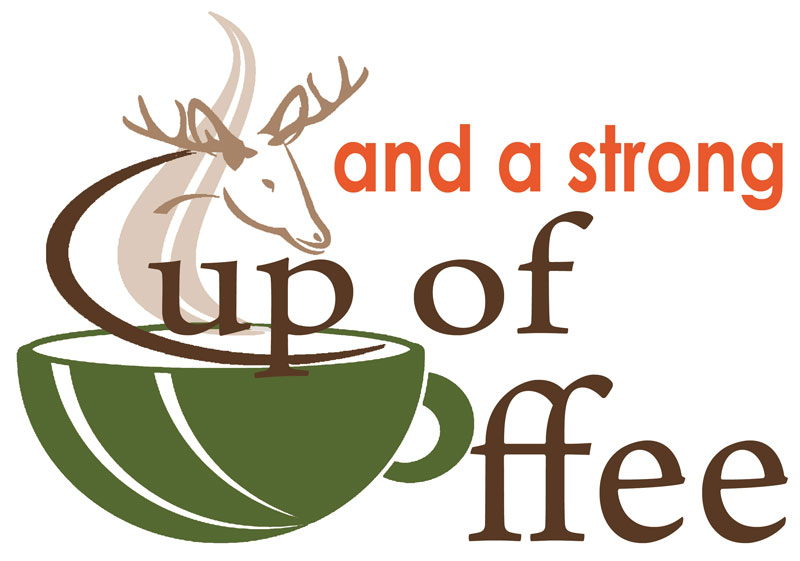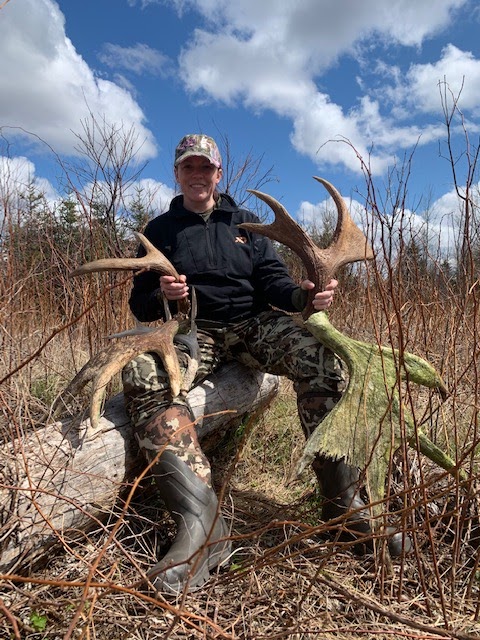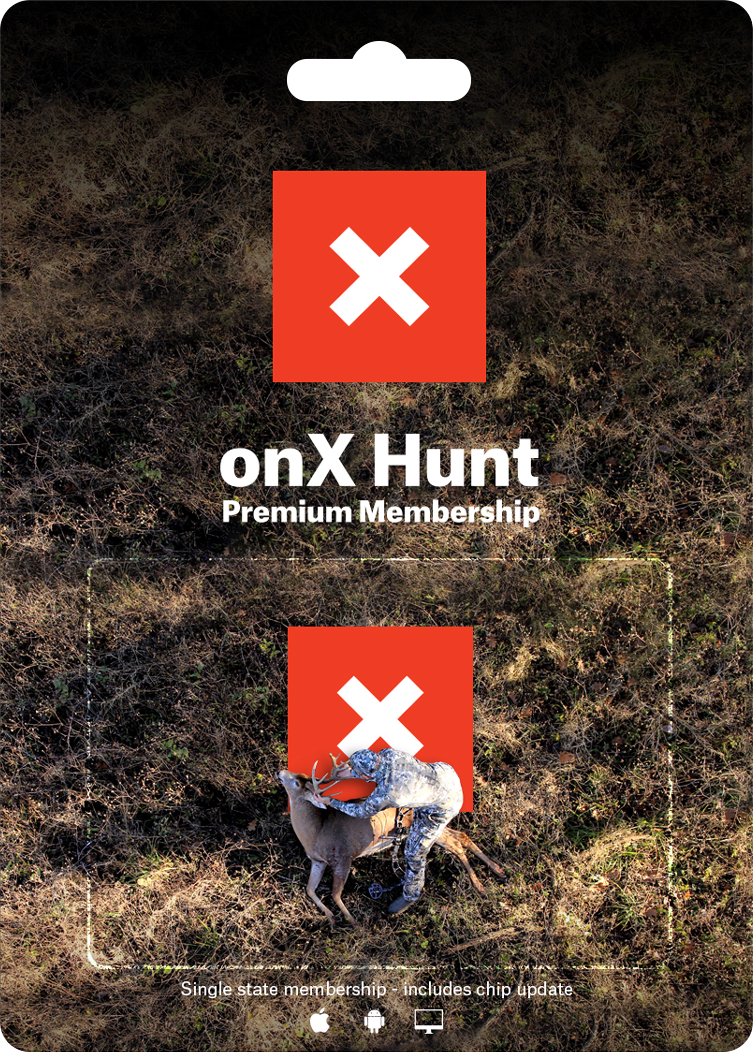A few weeks ago, I sat down with the Commissioner of Inland Fisheries
and Wildlife, Chandler Woodcock to talk about the increase in moose and
doe permits across the State and what it means for sportswomen (and men)
this upcoming hunting season.
Q: The number of moose permits has been released for 2013 and they have increased since last year (from 3,725 to 4155). What’s changed?
A:
Our biologist, Lee Kantar has been working tirelessly to get an
accurate moose count. He has gone up in a helicopter and used some new
technology to get accurate numbers of moose around Maine. The majority
of the increases will be seen north of Bangor and we looked at each WMD
individually to make sure we are carefully monitoring the harvest.
Greenville and Rangeley are both hunting and viewing areas for moose,
so we have limitations on how many permits are issued in those areas.
We also have areas in the State that have come to us and asked us not
to increase their permit numbers or to lower the number of permits issued.
We are constantly monitoring the harvest and population across the
State. We know that cows are the way to control the population.

A: We
have also heard that some want to make the success rate lower. Right
now it is about 75-80% but we don’t want to see that happen. We know
that with a good effort, someone who has been applying for their permit
can have the hunt – and the animal – of a lifetime and we want to keep
encouraging that experience to happen.
We have some fantastic
big game opportunities here with moose, bear and deer. A lot of that is
because of the great focus we put on biological management. We want to ensure that more people can take advantage of this and that it is possible to get the animal that you want.
Q: Along with moose, you will be increasing the number of doe permits by quite a bit. What was the reasoning for this increase?
A:
Mother Nature has helped us out a lot. We have had three pretty light
winters that have helped the deer herd. The coyote/predator control has
been incredibly successful over the past year with over 500 coyotes
taken by the program and through partnerships with sporting groups and
individuals. That combo’d with the weather has helped the population
come back.
When it comes to the deer herd, our biologist is saying that we are getting close to
the 2007 population number so we are increasing the number of doe
permits to just over 12,500 across Maine. There are 3 zones that
have not had any permits in the past few years that will get them if the
proposal gets accepted: Zone 3 will have 50 possible permits available, Zone 6 will have 100 and Zone 7 will have 80 permits available. We are
also proposing increasing the numbers in Zones 12, 13, 15 and 17. All
of this is being done with the population numbers in mind and we are
continuing to be cautious because we don’t want to jeopardize the good
work and growth that has been done in the past few years. These proposed numbers will be finalized in late June or early July.
Q. You have a new deer biologist for Maine, Kyle Ravana. That
should help take some pressure off of Lee (who had been working on deer and moose).
A: We
are very excited about having Kyle join our team. He will be working
with Lee to get acclimated. We have some great talent in this state with Lee now focusing solely moose, Kyle on deer and of course Randy (Cross) on bear.
Q. I have asked you this before, but what do you see as the biggest or one of the biggest challenges in the upcoming hunting season?
A: Poaching. Easily. We can put hours and research into bettering the health of the deer and moose herds but how can we accurately manage these populations if we can’t control the poaching?! If people really care and want to help, they can report any suspicious activity or poaching they see and find in their areas. We rely on Mainers to help us in this effort and make the herd stronger.










Great interview and interesting questions… it helps show some of the different concerns that go into our hunting programs that most people never consider.
Thanks! Our deer herd numbers dropped off significantly with the harsh winters in 2007-08 and 2008-09. Some places got 15+ feet of snow that wiped out the local herd. Hunters have not liked having to harvest fewer deer, but it is finally paying off with an increase in herd numbers and hunting permits.
This was a very interesting interview, great job!
Great interview! I'm glad to see permit numbers rising, and especially glad to see any sex permits won't be issued in my zone. Our numbers are still low. I appreciate that the biologists listen to the people who live in these areas. We're here all the time, we know what's around. It's nice to be heard.